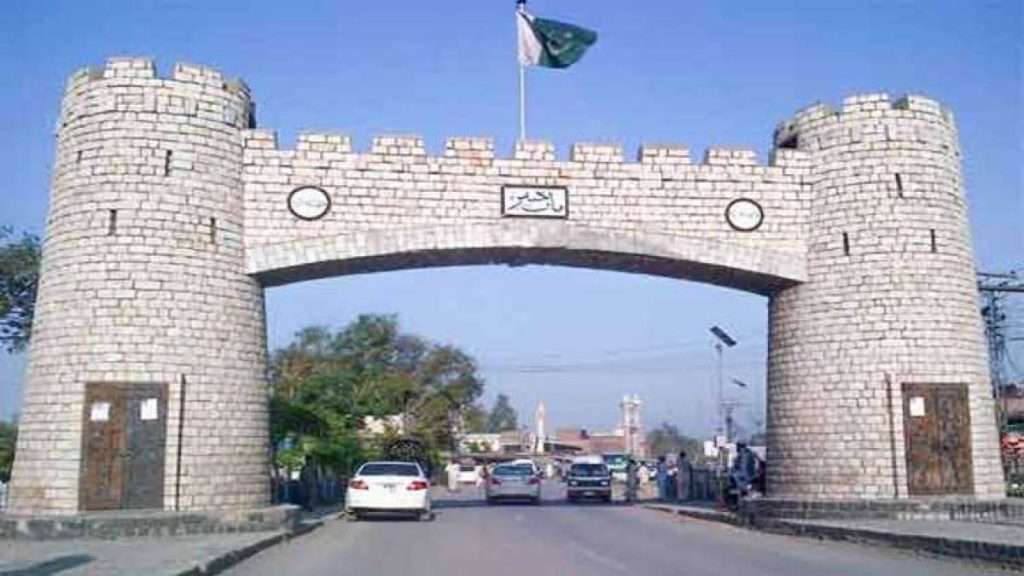The province of Khyber-Pakhtunkhwa is passing through one of the harshest economic and financial crises. With each passing day, the crisis is compounded due to high rates of energy, and mounting terrorism looming large all over the territory, which is impeding economic growth and social development.
After the interim government took charge in Khyber Pakhtunkhwa, it was expected that they would improve the governance and financial structure of the province. But as of now, the situation is getting out of the interim government’s hands.
Most of the subjects of social development such as health, education, social welfare, sports, tourism and youth, and even other development projects, fall within the domain of the province; therefore, due to shrinking financial space, most of the schemes are at a standstill.
After the takeover of the Interim government, the province didn’t witness any substantial improvements, and as the day fell, the economic crisis in the province is looming.
Ineffective rights Advocacy and incompetent officials.
Mushtaq Yousfazai, a senior analyst highlighted the current challenges in Khyber Pakhtunkhwa, expressing concern about the province’s performance since the formation of the caretaker government. The interim government has been ineffective in advocating for the rights of Khyber Pakhtunkhwa with the Center. The Chief Minister and Interim Cabinet are preoccupied with mutual obligations rather than addressing critical issues.
Further, he pointed out financial difficulties affecting doctors, paramedics, and staff salaries in the province’s 10 MTI hospitals. He criticized the decision-making process, stating that competent officers were sidelined, while incompetent ones were promoted to key positions.
Incompetent interim leadership
Inayatullah Khan JI leader, in a TV talk show, criticized the caretaker setup, describing it as incompetent and corrupt, leading to the deterioration of the governance structure. He specifically mentioned Chief Minister Azam Khan, stating that his focus on retaining the chair has rendered him ineffective and incapable of addressing the financial issues facing Khyber Pakhtunkhwa. The ex-provincial minister said that the province’s dependence on the federal government compounds the challenges, and CM Azam Khan cannot navigate these financial issues independently.
Inayamtullah said that the MMA coalition government’s negotiation with the center resulted in an increase in KP’s annual hydel power net profit from Rs 6 billion to 18 billion under the AGN Qazi formula. Subsequently, the ANP coalition government and later the PTI government received 120 billion and 100 billion, respectively, as a result of that arbitration.
KPK’s lack of access to ports and its impacts on the province’s economy.
Hayamtullah Khan, former provincial finance minister, while addressing on a Talk show provided insights into the strategic perspective of the financial crisis in the province. He emphasized that the province faces challenges due to the absence of direct links with a port, lack of technical services, and being distant from the sea. These factors contribute to an additional 20 percent of the cost of doing business. Khan suggested that addressing these location disadvantages is crucial to strengthening economic activities and attracting investments and businesses, ultimately expanding the tax base.
Khan further pointed out the potential of cheap hydropower electricity, which the province produces at less than two rupees per unit but purchases at 55 per unit, production of surplus gas in the province, should be diverted to industrial economic development. You can’t address 20 percent of location disadvantage without providing cheap electricity to industries.


